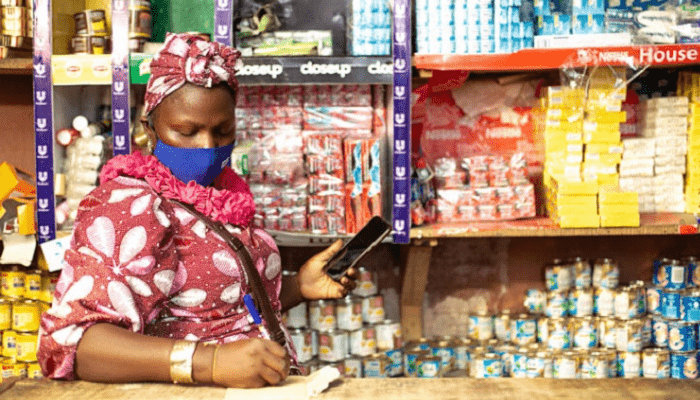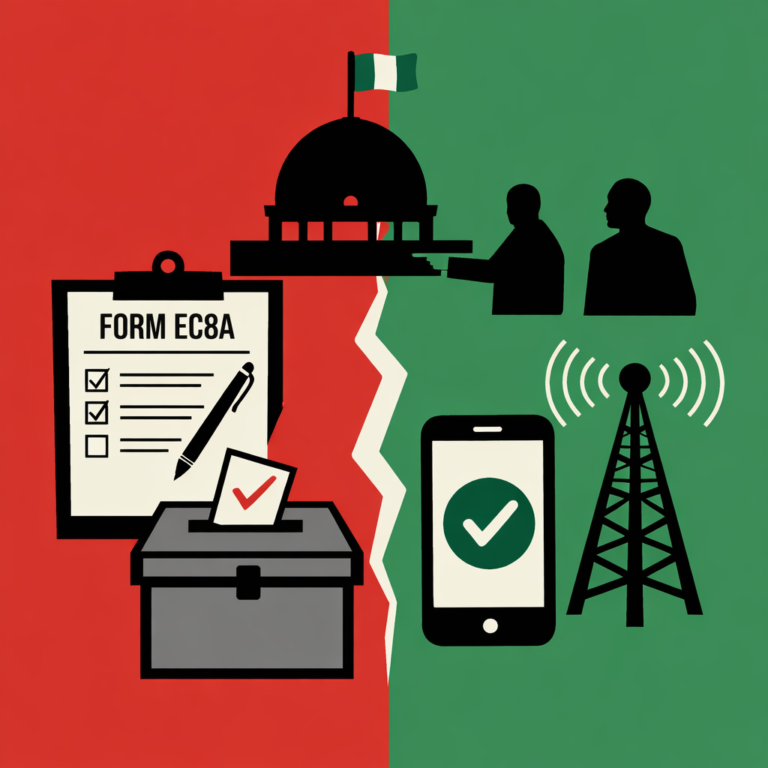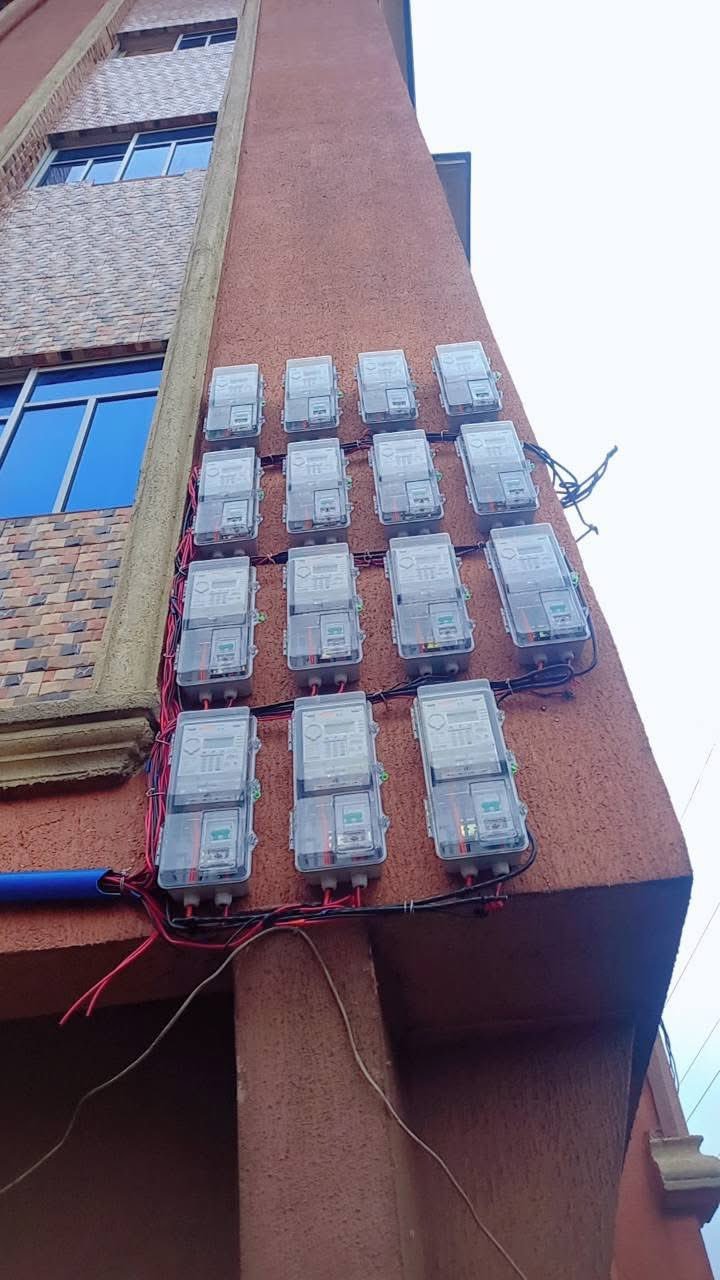Nigeria’s informal economy, home to millions of traders, artisans, and micro-entrepreneurs, is feeling the full weight of inflation and currency volatility.
According to Moniepoint’s Informal Economy Report 2025, 79% of informal businesses in Nigeria reported that their cost of doing business increased over the past year, even as 65% experienced revenue growth.
The report notes that “the impact on profit is lower, with only about 47% of them reporting a corresponding increase in their profit.”
Also Read:
- Naira Devaluation Erodes Nigeria’s N70,000 Minimum Wage, Says US Report
- Haskè Ventures invests $150, 000 in ProXalys, Tech Provider for Informal Traders
- Workers in the Shadows: 93% of Working Nigerians Are Trapped in Informal Jobs, Report Finds
- Lagos Free Zone To Host More Than 100 Businesses in Nigeria
The data paints a vivid picture of a sector caught between resilience and ruin. While small business owners are selling more, their margins are shrinking.
The report highlights that rising supplier prices, surging transportation costs, and the depreciation of the naira have made operations more expensive for nearly every informal trader in the country.
“According to them, this increase resulted from multiple things, with the top reasons being increased prices from suppliers, an increase in transportation costs, and the depreciation of the Naira,” the report explains.
Moniepoint’s data shows that the struggle isn’t just about profit margins, it’s about survival. The median daily revenue range among informal businesses is between ₦20,000 and ₦50,000, yet many face razor-thin profits of ₦10,000–₦20,000 a day.
For those at the bottom, it’s even worse: 44% of businesses make less than ₦20,000 daily, while 70% earn less than ₦50,000 in profit. Inflation has effectively turned higher turnover into “profitless prosperity.”
Women-led businesses are particularly vulnerable. The report finds that 41% of women-owned businesses earn less than ₦10,000 daily in profit, compared to 34% of businesses owned by men.
This gender disparity, compounded by limited access to credit and higher household financial burdens, leaves many female entrepreneurs with fewer buffers against price shocks.
Behind the numbers lies a troubling trend: Nigeria’s informal businesses are expanding sales just to stay afloat. With inflation averaging over 25% in 2025 and the naira trading at roughly ₦1,600 per dollar, purchasing power has eroded sharply.
What once covered inventory and transport now barely keeps shelves stocked. Even as revenues rise nominally, the real value of those earnings continues to fall.
The Moniepoint report ties these pressures to broader structural shifts in the economy. “The cost of doing business has increased for 80% of informal businesses in that same period,” writes Tosin Eniolorunda, Founder and Group CEO of Moniepoint Inc., in his foreword. “Our goal was to establish context like this: helping key stakeholders see and understand the effects of every decision made on informal businesses, and giving them a voice where they’ve previously gone largely unheard.”
Informal business owners are also adapting in creative but unsustainable ways. Many are cutting labor costs, since only 40% of informal businesses employ any staff, mwhile others are reducing inventory or shifting to lower-quality goods.
Yet such strategies do little to solve the underlying problem: operating costs are outpacing growth. The report underscores that “the majority of businesses in the informal economy (65%) have experienced some sort of increase in their business revenue over the past year. However, the impact on profit is lower.”
The inflation squeeze also has ripple effects on employment. With most informal businesses being one-person operations, job creation is slowing.
The report shows that just 1 in 4 informal businesses is over five years old, underscoring the fragility of the sector. Survivalist entrepreneurs, often driven into business by unemployment, face the paradox of working harder for less real income.
Experts argue that without targeted support, such as simplified tax systems, access to affordable credit, and stable macroeconomic policies, Nigeria risks losing one of its most dynamic economic engines.
The report’s broader analysis warns that unchecked inflation, naira depreciation, and rising logistics costs are steadily eroding the resilience that defines the country’s informal economy.
In the end, the data reveals a stark reality: small businesses are selling more but earning less, a reflection of an economy where survival has replaced growth as the primary goal. As one section of the Moniepoint report concludes, “It’s getting more expensive to run an informal business in Nigeria.”

























